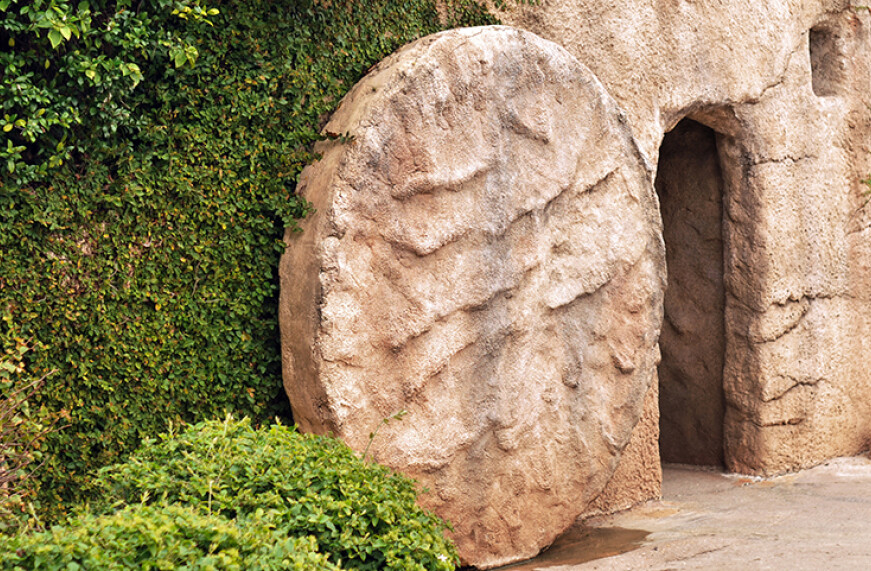The Price of Eggs

The price of eggs is crazy! That was the opening comment made by my sister as we sat around the dinner table contemplating Easter. My sister, who has no children, graciously opens her house each year to a mad-cap day of Easter egg hunts, morbid consumption of candy, and overactive grandchildren who are shaking off their indoor winter doldrums to traipse fresh new spring mud into her house.
This year, we all watched the price of eggs skyrocket and heard or experienced restaurants charging an “egg” fee to bills. Fortunately, the price of eggs have reentered earth’s orbit. We wondered whether people would dye less eggs this year. With eight grandchildren, we are usually into the third dozen before colored dye marks every work area.
What’s with dyeing eggs anyway? (Nothing like a few extra dollars out of your pocket to reassess a life-long tradition.) Easter has always heralded the end of winter; a time for humankind to experience new life, from the daffodils pushing their way up despite our cold weather, to the tulips which in their beauty come and go so quickly. Christianity has absorbed many of the pagan springtime traditions and “repurposed” them as signs of Jesus’ resurrection. The Easter egg is one of them. Eggs have been an ancient symbol of new life. Christianity has revalued this oval wonder to symbolize the resurrection of Jesus; new life, forever. According to some sources, decorating Easter eggs is a tradition dating back to at least the 13th century. One explanation for this custom is that eggs were formerly a forbidden food during Lent, so people would decorate them to mark the end of penance and fasting and eat them on Easter as a celebration.
According to Good Housekeeping magazine, early Christian missionaries dyed the eggs colors to represent different aspects of the Easter story. Yellow represented the resurrection, blue represented love, and red the blood of Christ. Cracking a hard-boiled egg is opening the tomb. I guess the question is, did you dye less eggs this year because of the cost?
It makes me reflect on the cost Jesus paid for our sins. What is the price you would pay for salvation? What response can you offer to a God who paid with his only Son to bring us back to him?
He himself bore our sins in his body on the tree, that we might die to sin and live in righteousness. By his wounds you have been healed (1Peter 2:24). This Easter, ponder the price Jesus paid and the trivial distractions which we think are so important, such as the price of eggs. Have a blessed Easter!


